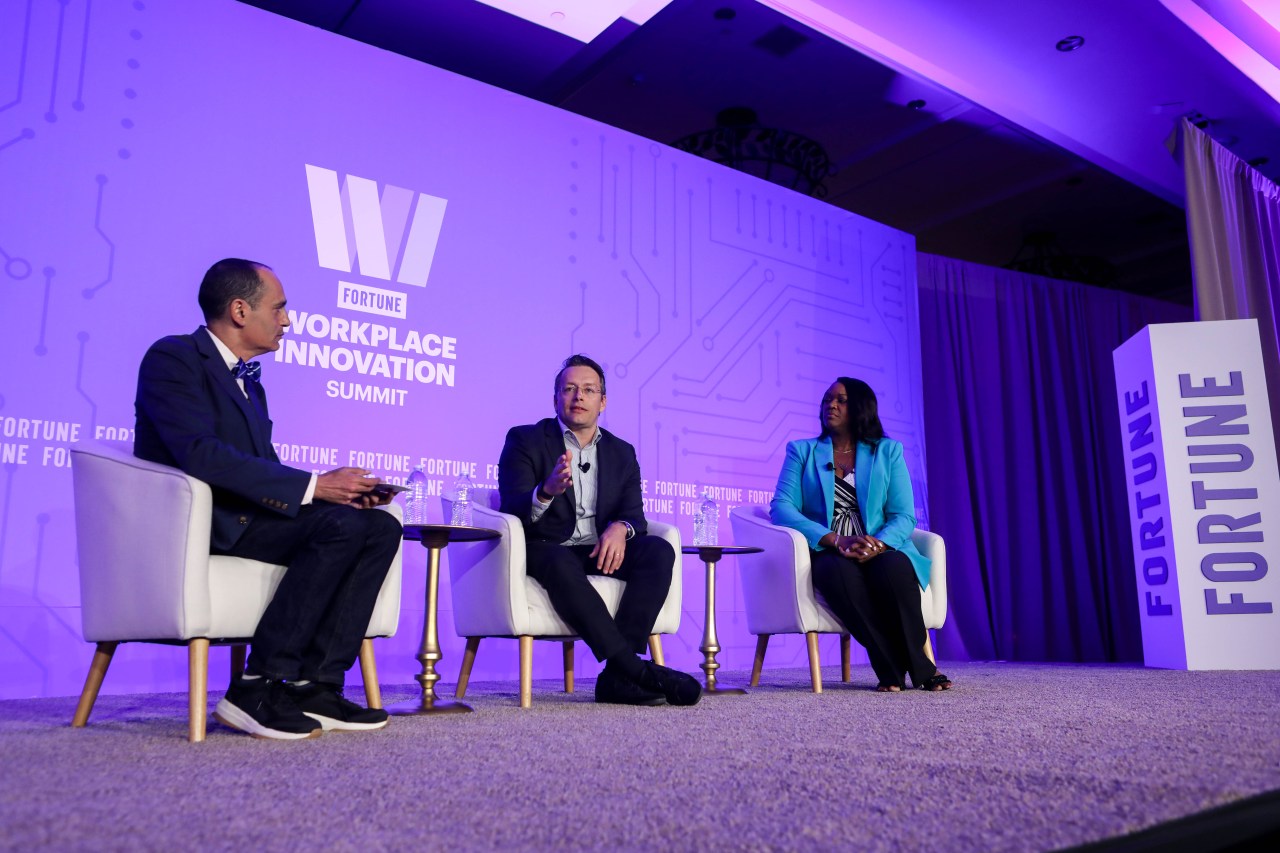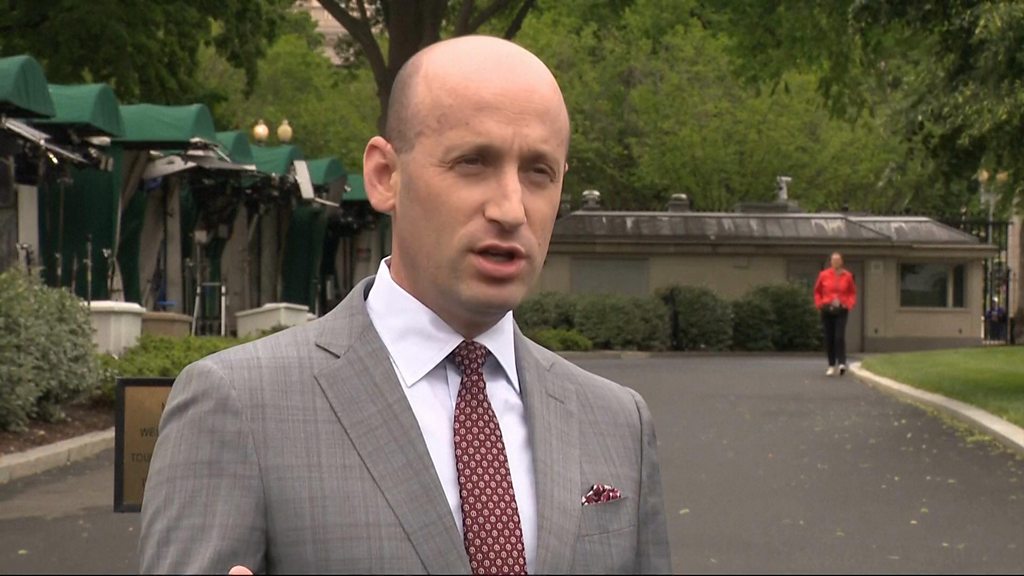Learn why redefining hustle culture is essential for executives to create healthier, more productive workplaces. Discover how to shift from burnout to balance while retaining top talent.
Introduction
In today’s fast-paced, always-on work environment, “hustle culture” has become a buzzword—often glorified, sometimes criticized. Originally rooted in ambition and hard work, hustle culture has evolved into a symbol of overwork, burnout, and blurred boundaries between personal and professional life.
Now more than ever, executives must redefine what hustle culture means—not only to safeguard employee well-being but also to future-proof their organization. As workforce expectations shift, and Gen Z and Millennials seek more than just a paycheck, the companies that adapt will thrive. Those that don’t risk losing their most valuable asset: their people.
What Is Hustle Culture?
Hustle culture refers to the mentality that one must work relentlessly and put career success above everything else. It often involves long hours, constant availability, and a “sleep when you’re dead” mindset. While it’s associated with passion and dedication, the dark side is real: burnout, anxiety, disengagement, and high turnover rates.
The Problems with Traditional Hustle Culture
- Employee Burnout:
According to a Gallup study, nearly 76% of employees experience burnout at least sometimes. Long hours and relentless pressure drain mental and physical health. - Reduced Productivity:
Hustling doesn’t always mean high output. Overworked employees often produce lower quality work and make more mistakes. - Toxic Workplace Culture:
Celebrating non-stop work can lead to a toxic environment where employees feel guilty for taking breaks or setting boundaries. - Talent Loss:
Today’s top talent prioritizes work-life balance, flexibility, and mental health. Organizations that fail to provide these risk losing high-performing individuals.
Why Executives Must Lead the Change
As cultural gatekeepers, executives shape workplace values. They set the tone for what behaviors are rewarded, what success looks like, and what’s considered “normal.” That’s why it’s crucial for leadership to:
- Recognize the changing work landscape
- Prioritize employee well-being
- Shift from hustle-for-the-sake-of-hustle to purpose-driven productivity
By redefining hustle culture, leaders can create an environment where ambition meets balance.
What Should the New Hustle Culture Look Like?
Here’s how executives can lead the evolution of hustle culture into something healthier, sustainable, and empowering:
1. Focus on Smart Work, Not Harder Work
Encourage employees to work efficiently, not endlessly. Promote productivity strategies like task prioritization, time blocking, and delegation. Use tools and automation to reduce repetitive tasks.
2. Promote Mental Wellness
Offer mental health resources, flexible work schedules, and open-door policies. Make it okay to disconnect after work hours and normalize mental health days.
3. Value Output, Not Hours
Shift from measuring success by time spent to impact and results. Celebrate innovation, creative thinking, and collaborative wins—not just long hours.
4. Set Boundaries by Example
Executives must model healthy boundaries. Avoid emailing after hours, respect vacation time, and avoid glorifying overwork in meetings or performance reviews.
5. Encourage Purpose-Driven Work
People want to find meaning in what they do. Help employees connect their daily tasks to larger company goals and values. Purpose fuels motivation better than pressure ever could.
Redefining Hustle: Real-World Examples
- Salesforce has incorporated wellness time into the workweek, encouraging employees to step back and recharge.
- Google focuses on 20% time—where employees can pursue passion projects—which has led to some of the company’s most innovative products.
- LinkedIn introduced “reset days” to combat digital fatigue, showcasing how simple policies can improve morale and performance.
The Business Case for Redefining Hustle Culture
Redefining hustle culture isn’t just good for employees—it’s good for business.
- Increased Retention: Employees who feel valued are more likely to stay long-term.
- Enhanced Creativity: Well-rested, mentally healthy teams are more innovative.
- Higher Engagement: A balanced culture boosts morale, trust, and commitment.
- Positive Employer Brand: Companies that promote wellness attract top talent and earn a better reputation.
Conclusion
The era of glorifying burnout is over. In today’s workplace, the definition of hustle must evolve from overworking to thriving. Executives hold the power—and the responsibility—to make this shift.
By championing smarter work, mental wellness, and a results-driven mindset, leaders can create a modern hustle culture that drives both performance and people-first values. In doing so, they’ll unlock the full potential of their workforce—and lead their organizations into a sustainable, successful .




